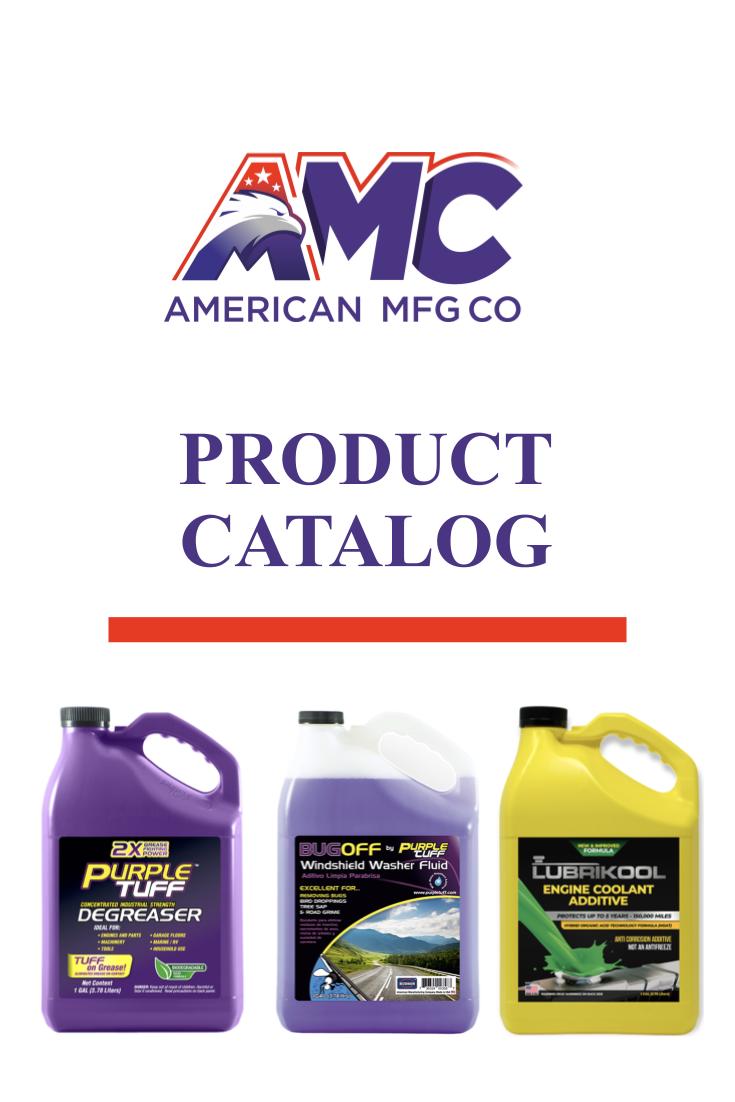Blog
Exploring Motor Oil Replacement Options

When it comes to maintaining the longevity of your vehicle, replacing motor oil is one of the most crucial steps. However, with advancements in automotive technology and the growing use of synthetic oils, many drivers question the need for timely oil changes. Is replacing your car’s oil still a viable option for vehicle maintenance, or has it become outdated? This blog dives into the latest research and expert opinions to settle this age-old debate.
How Does Motor Oil Impact Vehicle Performance?
Motor oil plays a key role in the overall performance of a vehicle. Here are some ways it affects performance:
- Lubrication: Acts as a lubricant, reducing friction and wear between moving parts, which improves engine efficiency and performance.
- Engine protection: Shields the engine from damage caused by heat, corrosion, and environmental factors.
- Engine cleaning: Keeps the engine clean by removing contaminants and combustion by-products, reducing deposits and wear.
- Fuel efficiency: Enhances fuel efficiency by minimizing engine friction and optimizing performance.
- Temperature control: Regulates engine temperature, helping it run at optimal levels, boosting performance, and reducing wear.
The performance and lifespan of a vehicle can be significantly affected by regular oil changes and the use of high-quality oil.
Exploring the Idea of Replacing Oil Instead of Changing It
The idea of simply replacing motor oil instead of fully changing it is interesting—but not practical. Engine oil plays a vital role by lubricating and cooling internal engine parts, removing contaminants, and delivering essential chemicals to prevent corrosion and wear.
Over time, oil breaks down and loses its properties, leading to reduced engine performance, lower fuel efficiency, and increased wear. When oil is changed, all accumulated contaminants, impurities, and by-products are removed, allowing the engine to operate at optimal performance.
On the other hand, adding new oil to old oil without draining the existing one creates a mixture that may not provide the necessary lubrication, contaminant removal, or corrosion protection the engine requires.
How to Choose the Right Replacement Oil for Your Vehicle’s Needs
Selecting the right oil for your vehicle can be a challenge. Here are some tips for choosing the right replacement oil:
- Check your owner’s manual: Always start with your vehicle’s manual. The manufacturer specifies the type and weight recommended for your car.
- Review the API rating: Look for the correct API (American Petroleum Institute) rating on the label. This classification indicates the oil’s quality.
- Consider the climate: If you live in a cold environment, choose a low-viscosity oil to help your engine start quickly. In warmer regions, opt for a thicker oil to prevent engine wear.
- Factor in your driving style: Aggressive drivers should consider oils that offer better protection at high temperatures.
- Use the correct weight: Always select the oil weight specified by the manufacturer. Oil weight refers to viscosity—its thickness at a given temperature.
Is Motor Oil Replacement Worth Considering for Automotive Maintenance?
Oil replacement is a crucial aspect of automotive maintenance and is absolutely worth considering. Regular oil changes ensure your engine is properly lubricated and protected from wear. They prevent the buildup of harmful contaminants and enhance both vehicle performance and fuel efficiency.
Neglecting oil changes can lead to severe engine damage, reduced fuel economy, and higher long-term repair costs. That’s why replacing your vehicle’s oil is a critical maintenance step that should never be overlooked.
👉 Want to choose the best motor oil for your vehicle? Head over to American MFG Co. today and explore a wide range of high-quality products.




